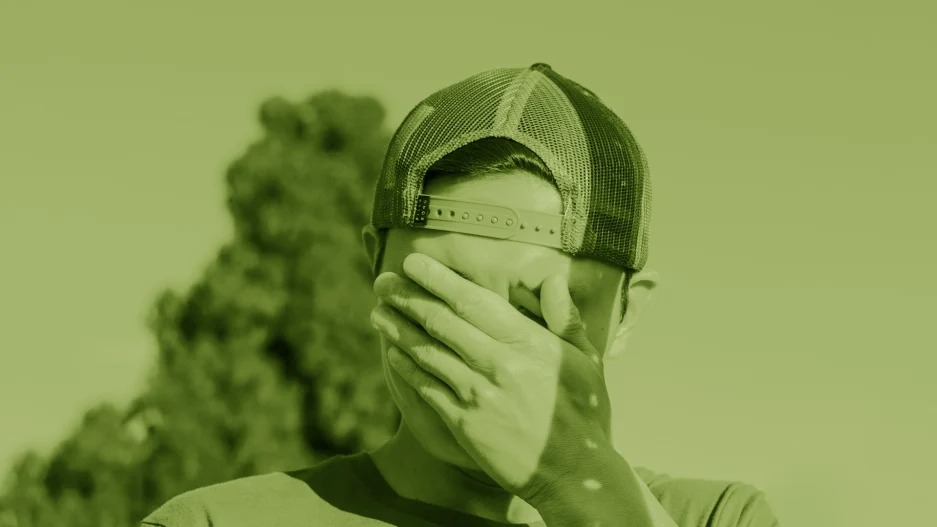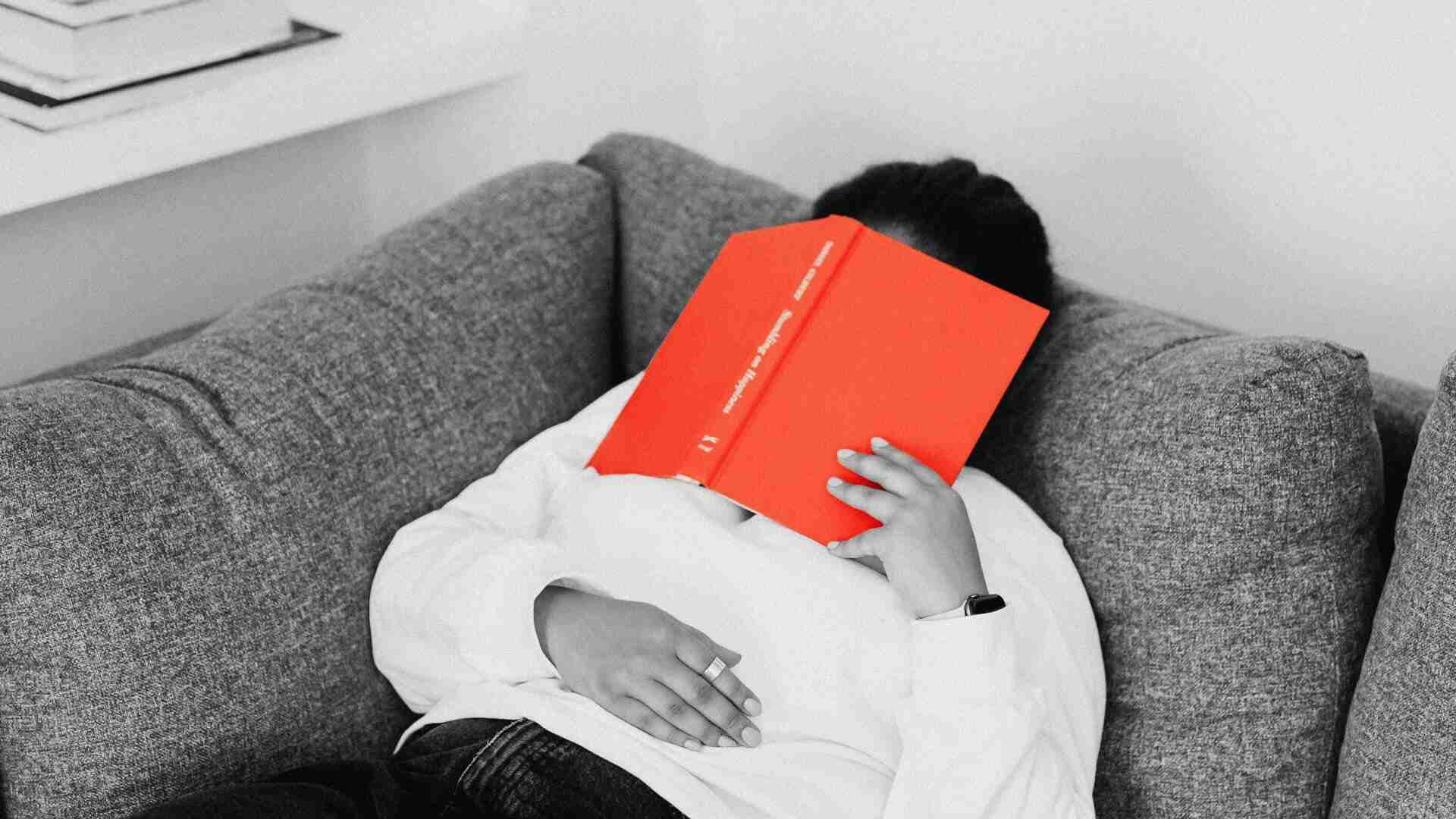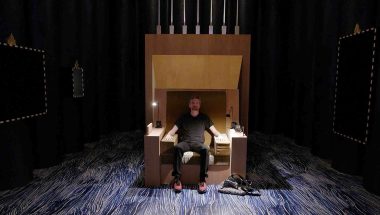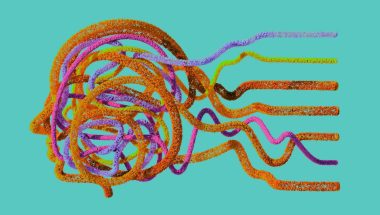- | 9:00 am
How to kick your habit of assuming the worst
Our brains love connecting the dots, but making assumptions can be a trap.

You’ve probably heard the saying about what happens when you assume. (You make an ass out of u and me.) That likely doesn’t stop you from doing it, though. Our brains love certainty, and when faced with a situation that doesn’t make sense, most of us jump to a conclusion to satisfy our urge to know.
“In every conversation or interaction that we have, our brain is busy trying to make sense of what the incoming signals are,” says Chuck Wisner, author of The Art of Conscious Conversations: Transforming How We Talk, Listen, and Interact. “It takes in stuff from our senses, and our background—our emotional and physical history—and delivers a story that tells us, ‘Here’s what’s happening. Here’s how you should think. And here’s what’s going on.’ We live in stories about ourselves or other people, which then turn into judgments and opinions.”
In some cases, assumptions are good, helping us navigate the world.
“We couldn’t live without them, because we wouldn’t be able to navigate this very complex world and the intense amount of incoming signals that we get from the environment,” says Wisner. “If there’s a truck coming, the quick assumption that [you] need to move out of the way serves you.”
On the flip side, assumptions can be a trap if they don’t align with reality. Negative assumptions can be especially problematic and hard to navigate if our ego and identity get involved. We can become attached to the negative assumption without investigation. For example, someone who prides themselves on being a dedicated employee might assume that a coworker who is taking another personal day off is a slacker. In reality, the colleague may be caring for an aging parent and has to juggle personal and work commitments.
ASSUMPTIONS KEEP US STUCK
Entering a conversation with a negative judgment or assumption is like going in with a closed fist, says Wisner. “Whether we’re talking about abortion or gun control, having a an opposing opinion is going to make that conversation pretty stressful pretty quickly,” he says. “Our identities are attached to it, and we’re pretty convinced we’re right. There’s no open space in our mind to consider more information or other perspectives.”
If you come in with an open hand, however, you create an ability to grow. “What the open hand means is that you’re coming in saying, ‘Here’s why I’m thinking this way, but let me hear what you’re thinking. I’m making assumptions, but maybe I’m wrong,’” he says. “That open hand means you’re coming into a conversation where there’s space in your mind to receive a different perspective that perhaps you never thought of yourself.”
Being open-minded is difficult because we’ve all been schooled to raise our hands and value answers. “We get graded to have the answer and be the smart one,” says Wisner. “It gets reinforced in business, too. In some ways, we’re all trained to be knowers. We like to be the smartest one in the room. Being curious and being a learner who is open to being wrong takes vulnerability.”
HOW TO STOP ASSUMING
To snap out of negative assumptions, give we need to create distance between ourselves and our thoughts, says Wisner.
“The first step is recognizing that our assumptions aren’t the truth,” he says. “Assumptions are what our mind is doing based on the information and our history. Recognizing that they aren’t necessarily true, they’re just assumptions, is the first step.”
Wisner suggests paying attention to the domains, conversations, and situations that trigger you into making snap judgments. Step back and saying to yourself, “This is an assumption. I can choose to put it aside, or I can choose to investigate it by asking questions. Are there other facts or other circumstances that help me broaden my window into what the interaction is?” Be self-aware enough to increase your curiosity about other potential realties.
“Catch yourself and ask, ‘Is this fair? Can I check it? Can I ground it in reality or fact?’” says Wisner. “It takes practice because we’re all very patterned in judgment.”
Kicking your assumption habit takes practice, says Wisner. “The last thing you want to do is start beating yourself up for every judgment and assumption you make,” he says. “Instead, shine a light on it and say, ‘Oh, look at what’s happening. There’s my pattern.’ You’ll be a little less judgmental of yourself because self-judgment is an endless cycle of hell. Once you appreciate the downside and traps of assumptions, you can say, ‘When I’m triggered, it’s better for me to . . . ask questions.’ Bring curiosity to the conversation instead.”






































